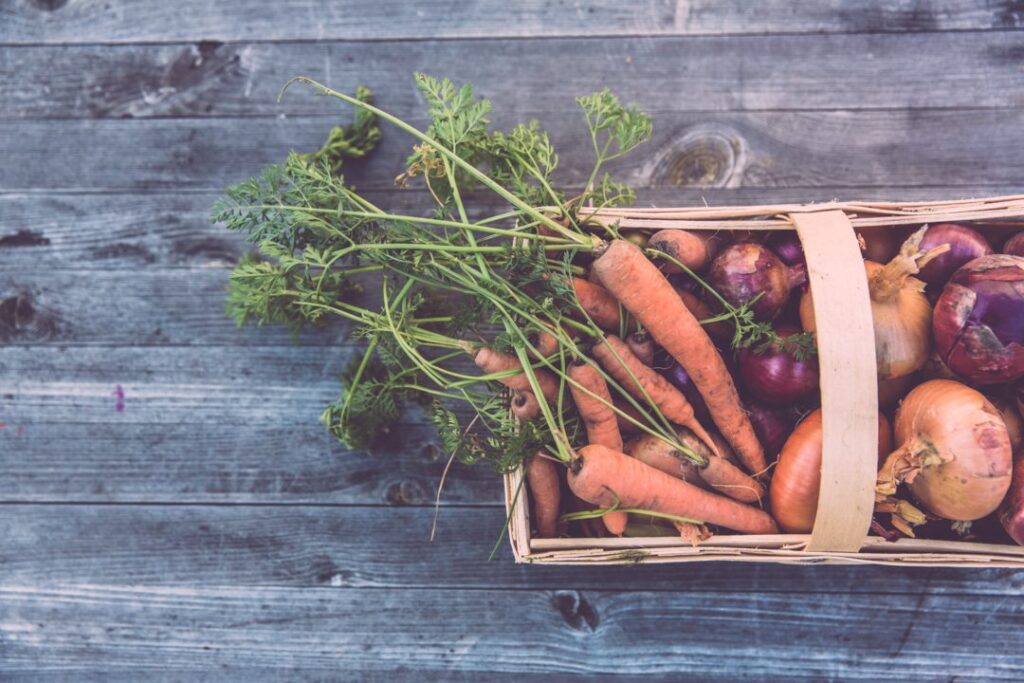The coronavirus pandemic has affected the global food supply quite significantly. The worst-hit regions are within Europe, which faces large-scale disruption to the food supply. Kelly Engineering has identified several factors that have influenced this situation. However, there is still room for change: the worst of this crisis may be averted if farmers and producers work towards maintaining a balance in the supply chain market.
Below are 3 ways in which COVID-19 has impacted Europe’s food supply, and what farmers can do to help:
1. Delay in the delivery of agricultural products and processed goods
The global pandemic has created a fear among countries around Europe, leading to the imposition of restrictions on the imports and exports of commodities. These restrictions have led to a delay in the supply of essential commodities such as food, as well as impacting the trade of processed crop products around the EU. With panic buying leading to a rise in demand and border closures restricting supply, it’s unsurprising that delays are occurring.
2. Travel bans affecting the labour market
Many countries have imposed lockdowns, closing their borders to restrict travel for both citizens and foreigners. This has led to a devastating shortage of labour in countries that depend on backpackers and foreigners to carry out labour-intensive farm work, as well as agribusinesses and industries. The 11 million farmers and 294,000 agribusinesses that depend on approximately 4.7 million workers – a substantial number of whom are sourced internationally – are feeling the effects of these travel bans.
3. Export prices are tumbling
It’s not just production costs which are affected by the coronavirus pandemic: you may have to budget for a change in export prices of commodities in the near future. Essential food items such as dairy products and meat, as well as farm supplies of crops, fruits and vegetables, may see a rise in growing prices as a result of disruption in the market supply chain.
In these times of distress, there are several opportunities for farmers that might help to avert a crisis in the future. The first and foremost step, though, is to find a sense of confidence within yourself. Farmers are no strangers to economic and environmental hardships, and this latest crisis will be overcome like those before. Governmental and international organisations are working at developing policies to reassure farmers that stability is within our reach.
Organisations such as COPA-COGECA (EU farmers organisation) have taken steps to ensure that the European Commission can listen to and understand the plight of the farmers. One recent demand was to ensure a steady cash in-flow in the wake of further imposition of restrictions.
Farmers are also advised to follow the safety protocols as recommended by WHO and the European Commission. Agricultural production is time-sensitive, and two weeks of isolation for those who catch the virus could have negative knock-on effects on crop production and yield. Fortunately, the European Food Safety Agency (EFSA) has found no evidence that food itself is a source of transmission for COVID-19.
Retailers and local supermarkets have been urged to dissuade customers from hoarding essential food commodities and supplies. The increased demand that results from hoarding and panic buying might further tighten the supply chain, adding to the burdens and pressure faced by farmers.
Farmers are advised to stock up on essential equipment to prepare for the possibility of increased demand. Harvest is around the corner and farmers need to be well equipped, especially considering the possibility of a rise in farm equipment prices. Kelly Engineering can help in providing high-quality farm equipment to increase crop productivity and reduce spending on herbicide, labour and fuel.


